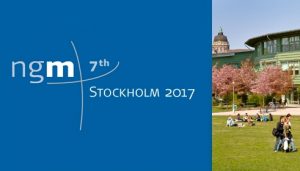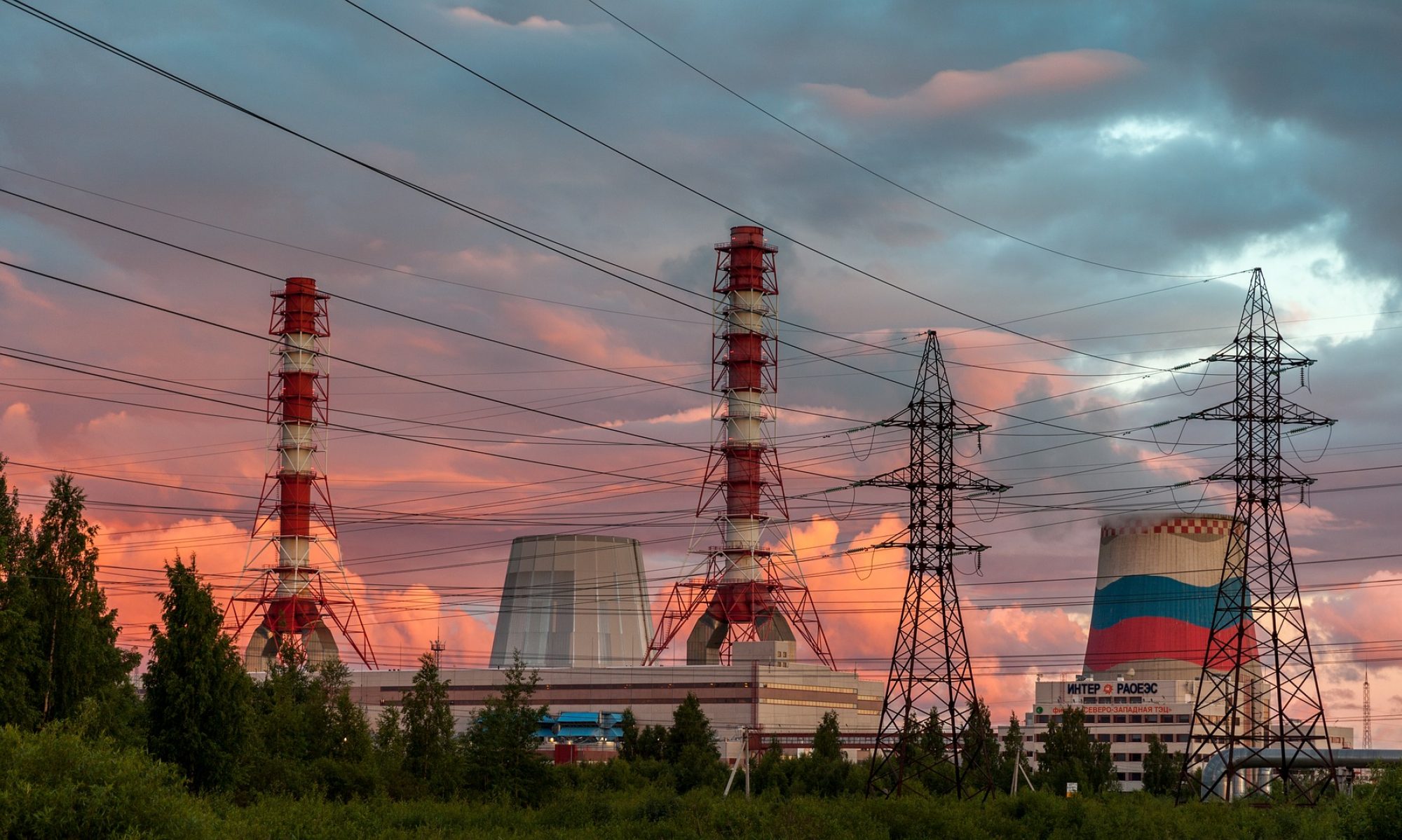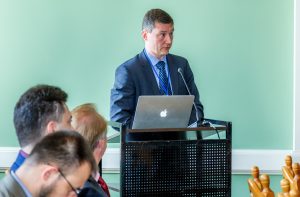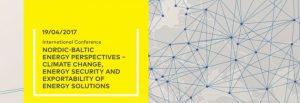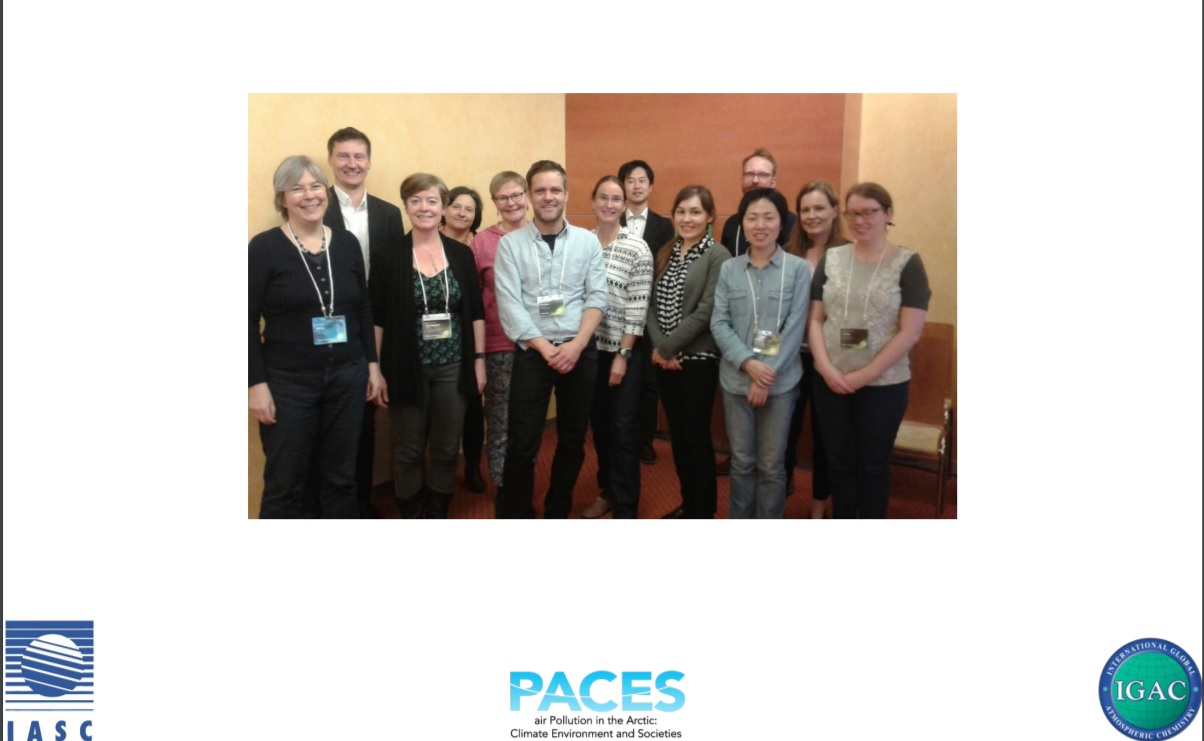On 18-21 of June 7th Nordic Geographers Meeting was held in Stockholm, Sweden – an international geography conference organized every second year. Daria Gritsenko organised a session “Arctic Energy: Hydrocarbon Riches & Local Energy Vulnerability”, where Veli-Pekka Tynkkynen was a discussant.
Session description:
According to the U.S. Geological Survey 2008, an estimated 13% of the world’s undiscovered
oil and 30% of gas resources are located beyond the Arctic Circle. These abundant energy
resources are distributed unevenly, so that many Arctic communities are exposed to energy
security risks. Remote settlements rely largely on diesel for energy production, which results
in high consumer prices and a negative impact on the environment and public health. These
systems are also very vulnerable to severe weather conditions and accidents. In the past few
years, local governments in Canada, Russia and the US have had pilot projects for switching
remote villages from diesel-generated to wind- and solar-diesel hybrid power. Yet,
renewables do not take hold easily in the Arctic.
This panel sets to unveil how Arctic energy inequality is produced and how it can be
addressed by pondering:
1) How does the narrative of ‘resourceful Arctic’ affect local energy security?
2) How do regional authorities and communities engage with federal governments and
transnational businesses in renewable energy projects?
3) How can policy making help remote off-the-grid areas to benefit from renewable energy
systems?
Our researcher Hilma Salonen was presenting her paper ” Local and national perspectives on the modernisation of heating systems with the help of renewables: the case of Arkhangelsk”.
Despite the idea of the Russian Arctic as a very energy-rich area, due to its vaste size it is
clear that some regions are actually very energy-poor. However, they may have other
resources such as forests, giving the Russian state finally a reason to show interest in pushing
the use of local, renewable energy sources instead of tapping into subsidies available for
importing heating oil and coal. By focusing on the case of modernising the district heating
systems of Arkhangelsk, I examine the how a simple plan of replacing boilers burning fossil
fuels with ones burning biomass products becomes tangled with several political, financial
and practical issues in its way from Moscow to Arkhangelsk. Does the government in the end
have the same aspirations — or even the same understanding — as the local actors? ? How do the prospects of renewable energy development in this field correlate with the broader
objectives of the Russian Arctic development?
More information on the meeting is available here.
